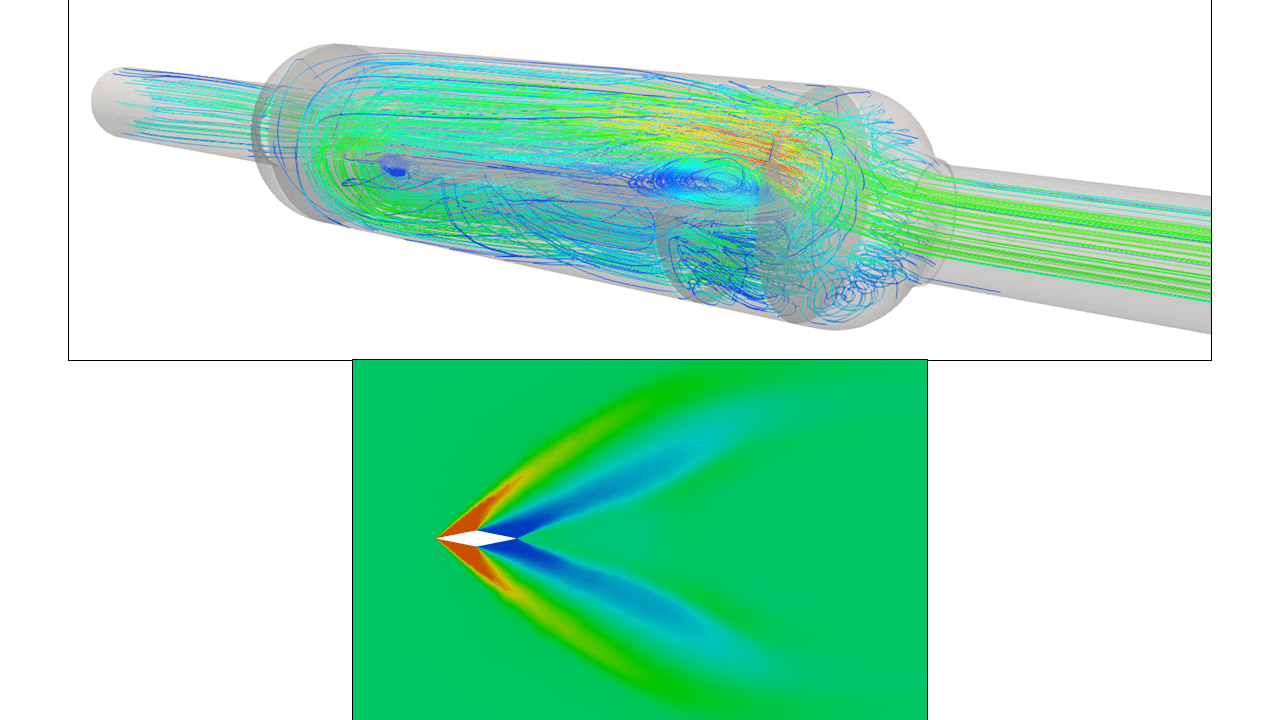OpenFOAM from Scratch (Level 2)

About Course
Note – CFD results always need to be validated with experimental data before blindly relying on them.
This course will take you through all the basics required in order to simulate simple CFD problems using OpenFOAM.
- Geometry preparation will be covered using Salome.
- Meshing will be covered using Salome.
- Solving will be covered using OpenFOAM solvers.
- Post-processing of results will be covered using Paraview.
- All these software are available for free without any license costs.
CFD helps to reduce the cost of products by saving time and money in prototype testing phase. Rapid prototype testing can be done by using CFD technology to predict the future behaviour of the product. It enables us to foresee any shortcomings in the product and rectify them before the actual manufacturing phase of the product. This is a young technology and can grow substantially in near future.
You will be able to draw CAD models using the dimensions of any given geometry. Then you will understand how to import CAD model in Salome and mesh the geometry in Salome to get appropriate results. Mesh size plays an important role in deciding the accuracy of your results. Assumption of boundary conditions is another important aspect in any CFD simulation. Replication of real-life conditions must be correctly implemented in the CFD boundary conditions. Finally good post-processing of the results helps you to deliver your results successfully to the non-technical.
Course Content
Exhaust Air Flow Analysis Inside Royal Enfield Motorcycle Muffler
Introduction and Geometry Preparation in Salome
05:23Creating Mesh in Salome
04:08Importing the Mesh in OpenFOAM
05:44Setting Up the Boundary Conditions
07:55k-Epsilon Calculator
04:53Launching the Simulation in buoyantSimpleFoam
04:12Launching the Simulation in buoyantSimpleFoam in Parallel
04:19Post-processing of Results in Paraview
06:09
2D – Supersonic Flow over Diamond Airfoil at Mach 2
Student Ratings & Reviews
